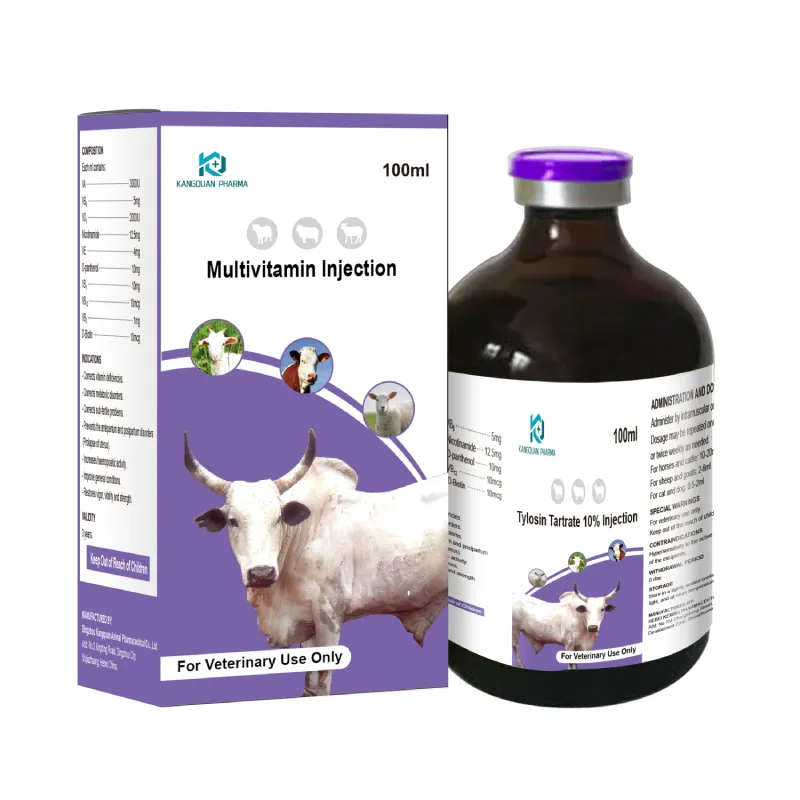- Afrikaans
- Albanian
- Amharic
- Arabic
- Armenian
- Azerbaijani
- Basque
- Belarusian
- Bengali
- Bosnian
- Bulgarian
- Catalan
- Cebuano
- Corsican
- Croatian
- Czech
- Danish
- Dutch
- English
- Esperanto
- Estonian
- Finnish
- French
- Frisian
- Galician
- Georgian
- German
- Greek
- Gujarati
- Haitian Creole
- hausa
- hawaiian
- Hebrew
- Hindi
- Miao
- Hungarian
- Icelandic
- igbo
- Indonesian
- irish
- Italian
- Japanese
- Javanese
- Kannada
- kazakh
- Khmer
- Rwandese
- Korean
- Kurdish
- Kyrgyz
- Lao
- Latin
- Latvian
- Lithuanian
- Luxembourgish
- Macedonian
- Malgashi
- Malay
- Malayalam
- Maltese
- Maori
- Marathi
- Mongolian
- Myanmar
- Nepali
- Norwegian
- Norwegian
- Occitan
- Pashto
- Persian
- Polish
- Portuguese
- Punjabi
- Romanian
- Russian
- Samoan
- Scottish Gaelic
- Serbian
- Sesotho
- Shona
- Sindhi
- Sinhala
- Slovak
- Slovenian
- Somali
- Spanish
- Sundanese
- Swahili
- Swedish
- Tagalog
- Tajik
- Tamil
- Tatar
- Telugu
- Thai
- Turkish
- Turkmen
- Ukrainian
- Urdu
- Uighur
- Uzbek
- Vietnamese
- Welsh
- Bantu
- Yiddish
- Yoruba
- Zulu
8 月 . 19, 2024 03:04 Back to list
Veterinary Use of Dexamethasone Sodium Phosphate Injection in Animal Care
Dexamethasone Sodium Phosphate Injection in Veterinary Medicine
Dexamethasone sodium phosphate is a potent corticosteroid that is widely used in veterinary medicine for its anti-inflammatory and immunosuppressive properties. This medication is particularly valuable in the treatment of various medical conditions in animals, ranging from dogs and cats to horses and farm livestock.
Mechanism of Action
Dexamethasone is a synthetic derivative of dexamethasone, a naturally occurring steroid hormone produced by the adrenal glands. The primary mechanism by which dexamethasone exerts its effects is through the modulation of inflammation and immune responses. It achieves this by binding to glucocorticoid receptors, which subsequently leads to the transcription of anti-inflammatory proteins while inhibiting the expression of pro-inflammatory mediators. As a result, dexamethasone sodium phosphate effectively reduces swelling, redness, and pain associated with inflammatory conditions.
Clinical Uses
In veterinary practice, dexamethasone sodium phosphate is frequently used to manage a variety of conditions. Some of the most common indications include
1. Allergic Reactions Dexamethasone is often utilized to treat severe allergic reactions in pets, including anaphylaxis and allergic dermatitis. The drug helps alleviate symptoms such as itching, swelling, and hives.
2. Autoimmune Diseases Conditions like pemphigus, lupus, and autoimmune hemolytic anemia can severely affect the quality of life in animals. Dexamethasone aids in suppressing the overactive immune response, allowing for better management of these diseases.
3. Inflammatory Conditions The anti-inflammatory properties of dexamethasone make it a choice treatment for acute and chronic inflammatory conditions, which may include arthritis and colitis.
dexamethasone sodium phosphate injection veterinary

4. Shock and Trauma In emergency situations, dexamethasone can be administered to treat shock, especially when associated with trauma or sepsis. It helps stabilize the animal's condition by reducing inflammation and supporting blood pressure.
5. Respiratory Disorders Veterinary practitioners often prescribe dexamethasone to manage severe respiratory conditions, such as asthma or bronchitis, particularly when the airway is constricted or inflamed.
Dosage and Administration
Dexamethasone sodium phosphate is usually administered through intravenous (IV), intramuscular (IM), or subcutaneous (SC) routes. The dosage varies depending on the animal species, the specific condition being treated, and the desired therapeutic effect. It is crucial for veterinarians to follow established guidelines and possibly adjust doses based on the animal’s response to treatment.
Side Effects and Considerations
While dexamethasone is very effective, its use is not without potential side effects. Common side effects include increased thirst and urination, increased appetite, and potential gastrointestinal upset. Long-term use can lead to more severe complications, such as suppression of adrenal gland function and increased susceptibility to infections. Therefore, veterinarians must weigh the benefits against the potential risks, particularly when considering prolonged treatment.
Conclusion
Dexamethasone sodium phosphate injection is an essential tool in veterinary medicine. Its ability to alleviate inflammation, modulate immune responses, and provide symptomatic relief in various conditions makes it invaluable for the treatment of numerous diseases in animals. As with any medication, careful consideration about its use, dosage, and monitoring is crucial to ensure the well-being of the animal. Overall, dexamethasone serves as a cornerstone in managing complex veterinary cases, improving the quality of life for many pets and livestock alike.
-
The Power of Radix Isatidis Extract for Your Health and Wellness
NewsOct.29,2024
-
Neomycin Sulfate Soluble Powder: A Versatile Solution for Pet Health
NewsOct.29,2024
-
Lincomycin Hydrochloride Soluble Powder – The Essential Solution
NewsOct.29,2024
-
Garamycin Gentamicin Sulfate for Effective Infection Control
NewsOct.29,2024
-
Doxycycline Hyclate Soluble Powder: Your Antibiotic Needs
NewsOct.29,2024
-
Tilmicosin Premix: The Ultimate Solution for Poultry Health
NewsOct.29,2024













